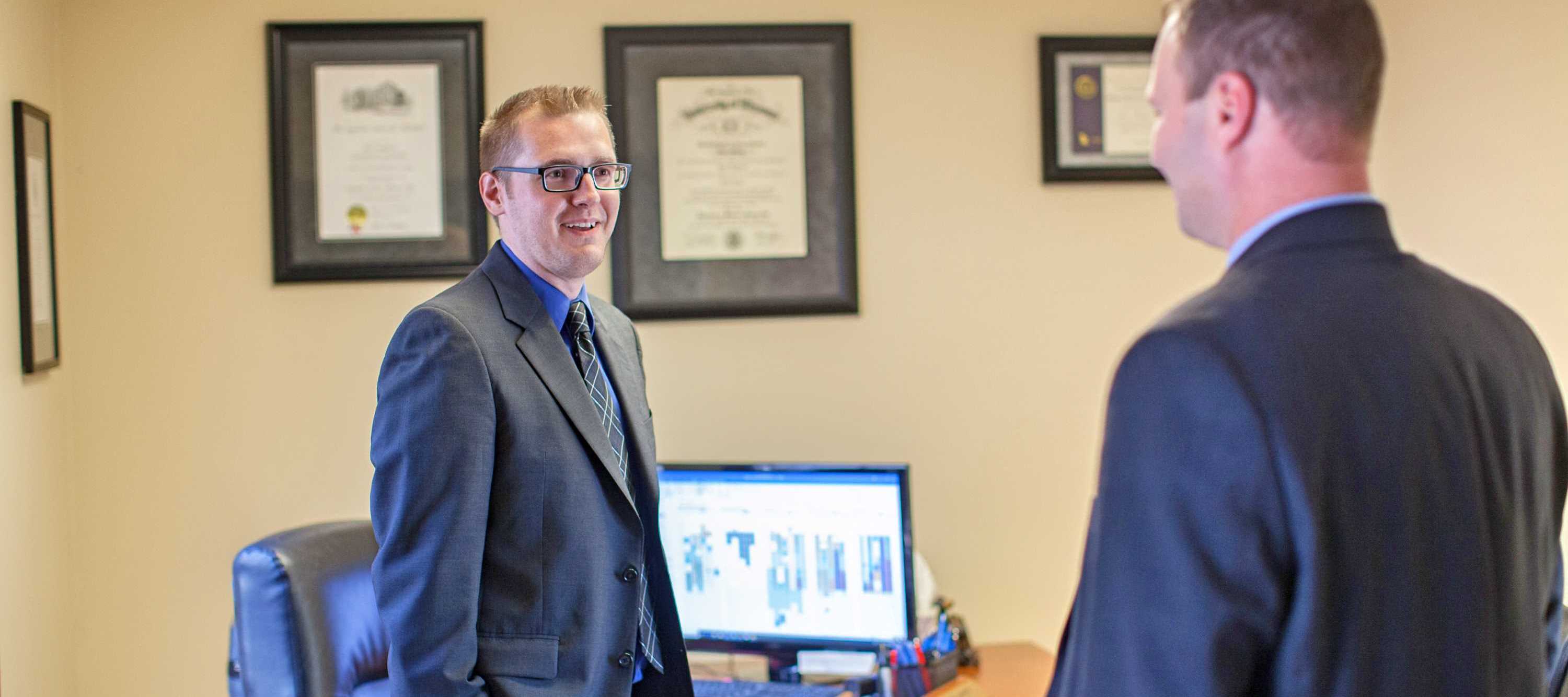
Bankruptcy can be scary. Most of us have worked hard for our property and our assets, so losing property is a major concern for debtors when considering bankruptcy. Laws referred to as exemptions are designed to protect certain assets and still allow you to benefit from a bankruptcy discharge.
Bankruptcy exemptions are an important part of the bankruptcy system. In Chapter 7 bankruptcy, exemptions will determine what property you get to keep, such as your home, car, pension, personal belongings, or other property. If the property is exempt, you can keep it during and after bankruptcy while still receiving a bankruptcy discharge.
If the property is nonexempt, the bankruptcy trustee can sell it to pay your unsecured creditors. In-depth knowledge of these exemptions will ensure your property is protected and you still benefit from bankruptcy.
In a Chapter 13 bankruptcy, you can keep all your property, but the nonexempt property will affect your Chapter 13 repayment plan. You will pay your creditors the value of any property that isn’t covered by an exemption, or your disposable income, whichever would lead to the larger repayment amount.
Bankruptcy exemptions vary from state to state. When deciding whether filing to become bankrupt in Springfield Missouri may be right for you, it’s important to understand how bankruptcy exemptions work. You need to understand which exemptions you, as the debtor, are entitled to use and be fully aware of what property is exempt by the law.
A bankruptcy attorney that understands not only Missouri exemptions but the exemptions of other states and federal exemptions will ensure the best possible outcome in your bankruptcy case.
Each state has its own set of exemptions that apply in bankruptcy. If you have recently moved to Missouri, you may not be allowed to use Missouri exemptions. You must be domiciled or have lived in the state for the 2 years prior to filing your case to use the state’s exemptions. The state in which you lived in prior may allow you to use their exemptions or federal exemptions.
Because of the variances among state and federal exemptions, an attorney must stay knowledgeable of bankruptcy exemption systems for all circumstances. Most states require you to use those state exemptions, like Missouri. However, seventeen states allow debtors to choose between the state exemption system and another set of exemptions created by Congress, called the federal bankruptcy exemptions.
California is unique in that it has two sets of state exemptions that debtors may choose from. Debtors that have moved from California to Missouri must ensure the correct set of California exemptions are used for their situation.
To find out what exemptions you will need to protect your property you should contact the Licata Bankruptcy Firm for your free consultation. In this free one-hour consultation we will discuss not only your property but how exemptions can be used to allow you to keep your property.
Understanding exemptions, what they mean to your specific situation, and ensuring the property that is important to you is protected are all things to discuss with your bankruptcy attorney prior to the filing of your bankruptcy case.
Hiring an experienced bankruptcy attorney who only practices bankruptcy law can make the difference between protecting your property or potentially losing property when you don’t have to. Our bankruptcy lawyers at the Licata Bankruptcy Firm continually research and educate ourselves to ensure the best protection of your property by using proper exemptions.



